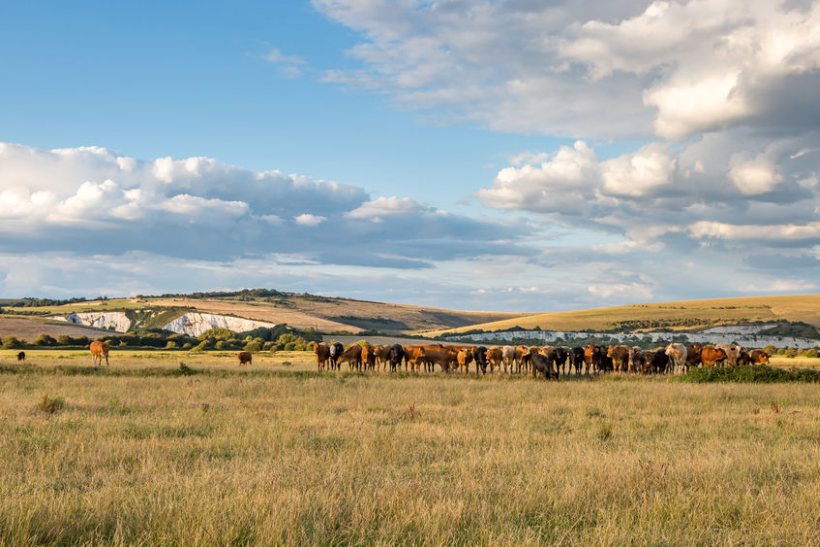
Concerns have been raised over Defra's guidance setting out the eligibility for commons and shared grazing looking to operate a Sustainable Farming Incentive (SFI) agreement.
The Tenant Farmers Association (TFA) and the Foundation for Common Land (FCL) have warned that the guidance raises several questions over the practicality of operating an SFI agreement in a common land setting.
The eligibility criteria for commons published last week 'offers no clear criteria' as to how an SFI agreement must be managed on common land.
Furthermore, both groups said in a joint statement [PDF] that it provided no advice on how disputes should be rectified, which historically has been the barrier to many agri-environment schemes achieving their target.
Over one fifth (21%) of England’s SSSI area is registered common land and 12% of all Scheduled Ancient Monuments are on common land.
This land, extending to around 400,000ha in England, is managed by around 3,900 active commoners with rights on this land in addition to the owners of that land.
But the TFA and FCL warned in April 2021 Defra's failure to adequately address the future management of common land in the UK.
They called on the department to understand the complex nature of business structures that operate within UK agriculture. The recommendations put forward have yet to be acted on.
Julia Aglionby, FCL chief executive said: “With agreements due to start in the next few months, time is running short to improve the requirements for schemes on commons.
"Without more clarity we are concerned the SFI Moorland Standard, especially at the intermediate and advanced levels, will not be feasible to apply for or administer effectively.
"Low levels of engagement mean farmers miss out on much needed income and the public misses out on the delivery of environmental outcomes”.
TFA junior vice-chair and Dartmoor farmer, Helen Radmore added: “The use and management of common land is a centuries old tradition now bound up in statute, regulations and bylaws and is an important part of our cultural heritage.
"This necessitates that a bespoke approach is taken to the implementation and administration of agri-environment schemes on common land.”
